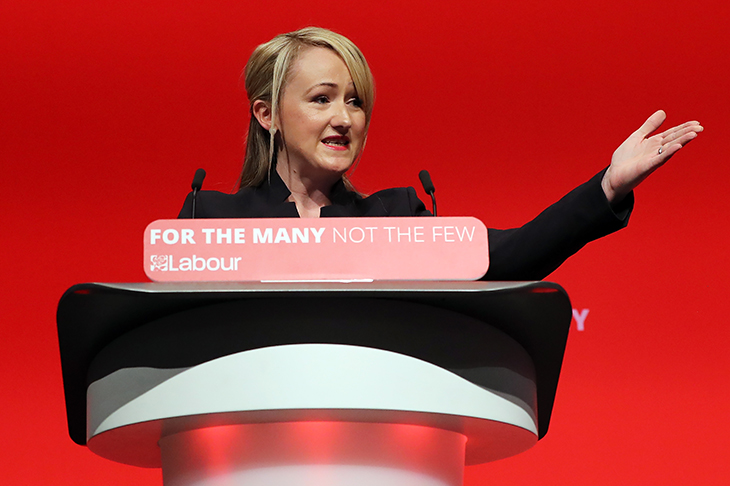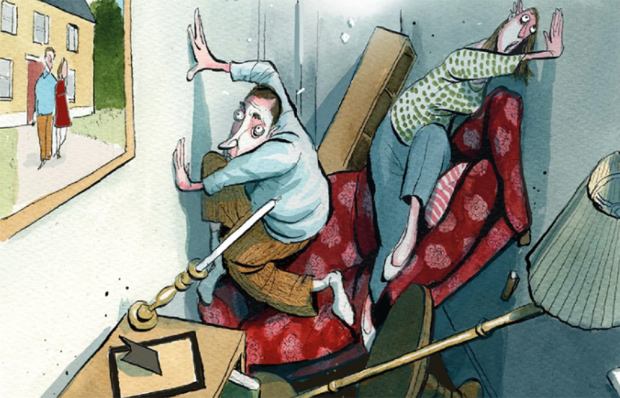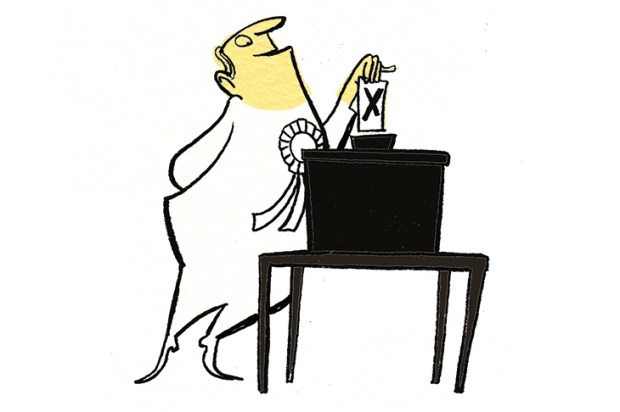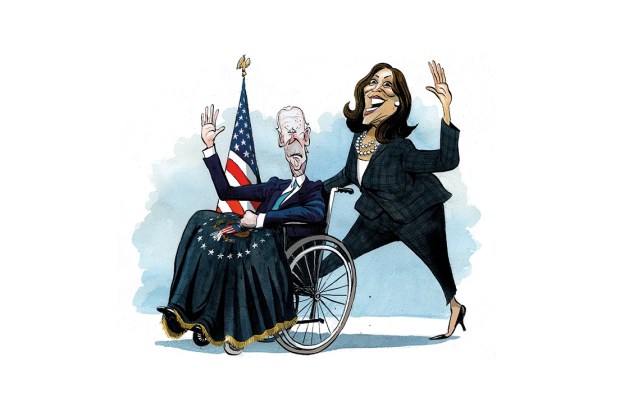Lock, stock and double barrels
In Rebecca Long Bailey, who sometimes hyphenates her name and sometimes doesn’t, the Labour party may soon have a leader with a double-barrelled surname.
Is such a name still an indication of elevated social class?
— According to an Opinium poll in 2017, 11 per cent of couples now use a double-barrelled name on marriage.
— The changing social connotations of double-barrelled surnames can be seen in the England football squad. Three of the 24 current members listed by the FA have double-barrelled names.
— By contrast, none of the 23 members of the Conservative cabinet does, although the wider body of 33 ministers attending cabinet includes Jacob Rees-Mogg.
Growth chart
The 2010s were a remarkable decade in that the UK did not spend any of it in recession, defined as two quarters of negative growth. When did that last happen?
2000s
5 quarters in recession in 2008/09 1990s
5 quarters in 1990/91 1980s
5 quarters in 1980/81
1970s
5 quarters, 3 in 1973 and 2 in 1975 1960s
2 quarters in 1961 1950s
2 quarters in 1956 1940s
No recession measured, but wartime conditions. Modern economic statistics not in place in early 1940s 1930s
Deep recession in 1930/31 1920s
Recession in 1920/21
1910s
Recession in 1919 1900s
No recession
Meaty matter
How many Britons are vegan or vegetarian?
— 600,000 adults are vegan, according to a Vegan Society poll in 2019, up from 542,000 in 2016.
— 1.2m are vegetarian, according to the Vegetarian Society, quoting a National Diet and Nutrition Poll.
— 250,000 people signed up to ‘Veganuary’ — going vegan for the month of January — in 2018.
— 1/8 of Britons are either vegan and vegetarian, according to a poll by Waitrose in 2018. That add up to about 8m people.
— 29% of evening meals in the 12 weeks to January 2018 contained no meat, according to marketing data company Kantar.
However, statistics on meat sales do not support claims of mass conversion to vegetarianism and veganism:
— According to the government’s Living Costs and Food Survey, sales of raw meat fell by 4% in 2015 compared with 2014.
— The Agricultural and Horticultural Development Board measures a 2% increase in meat sales in 2016.
Got something to add? Join the discussion and comment below.
Get 10 issues for just $10
Subscribe to The Spectator Australia today for the next 10 magazine issues, plus full online access, for just $10.
You might disagree with half of it, but you’ll enjoy reading all of it. Try your first month for free, then just $2 a week for the remainder of your first year.














Comments
Don't miss out
Join the conversation with other Spectator Australia readers. Subscribe to leave a comment.
SUBSCRIBEAlready a subscriber? Log in